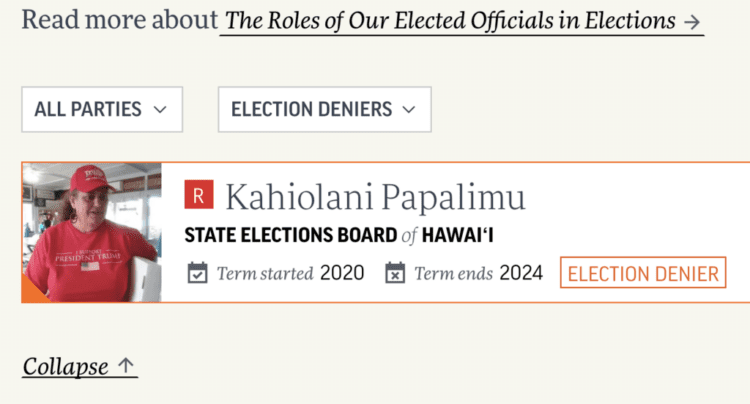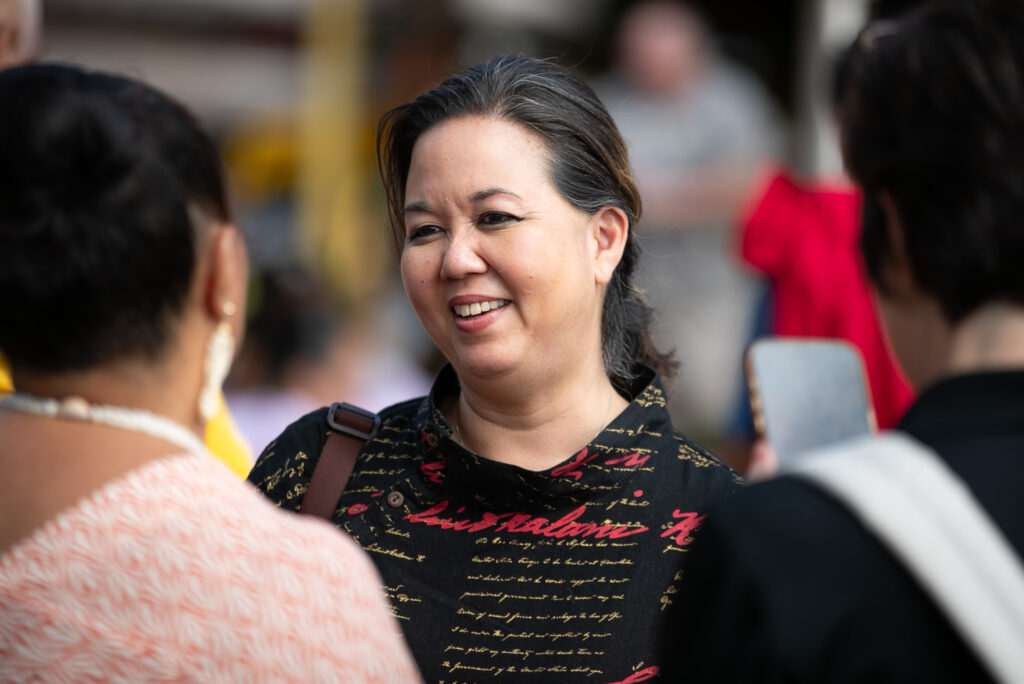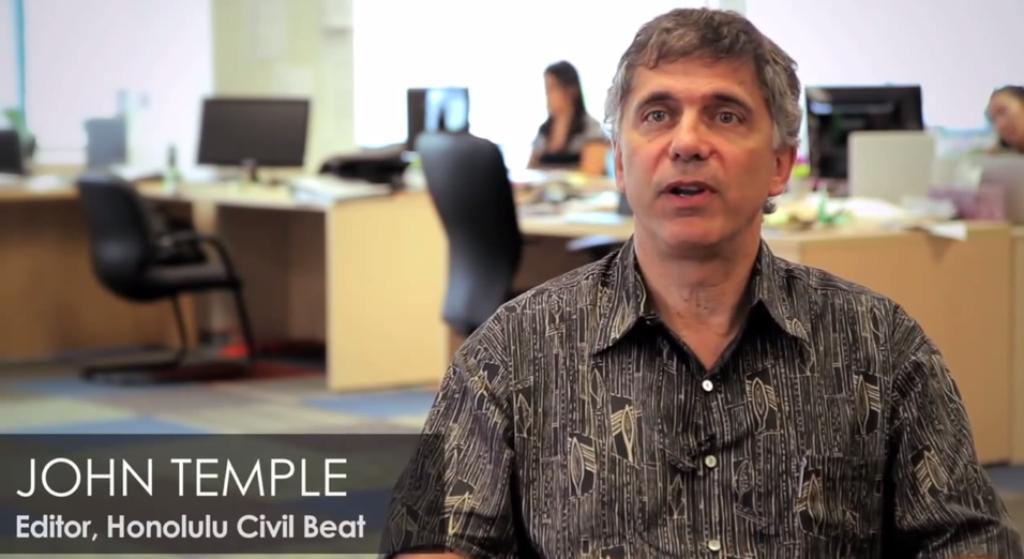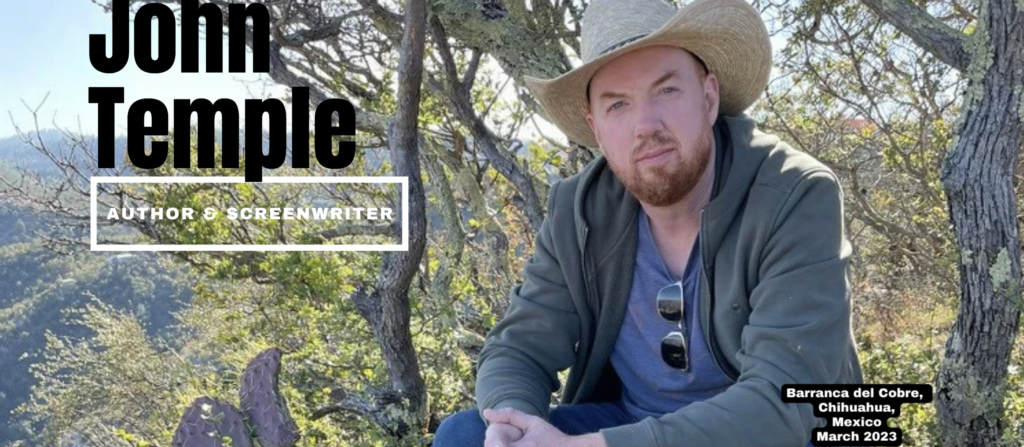Here’s looking at you: The Sunshine Blog spent much of last week in Atlanta, Georgia, attending the 25th annual Online News Association conference. Home seemed blissfully far away — until a panel discussion on the 2024 election proved otherwise.
The topic was “Election 2024: What Could Possibly Go Wrong? We’ll Tell You Where To Start Looking,” and it featured journalists and experts from The 19th, the Center for Tech and Civic Life, the Institute for Responsive Government and States United Democracy Center.
The main takeaways were encouraging: In spite of what you may hear in some political quarters, Americans trust their election systems. Election office workers from both major political parties take their job seriously and work hard. And there is likely to be a record turnout nationwide, too, especially among younger voters.
But threats to election officials are real, many legal challenges are expected after Nov. 5 and election offices need more financial support from government.
Indeed, the very day of the panel — Friday — the news broke that allies of former President Donald Trump who control the Georgia State Election Board approved a rule requiring counties to hand-count the number of ballots cast on Election Day, “despite bipartisan objections from election officials and poll workers,” CNN reported.
The panel of election experts at ONA was firm in agreeing that hand-counts are unreliable and only delay election results. It’s all part of the so-called “election denier” or “election integrity” movement that has been popular among many Republicans since 2020.
Fortunately, Joanna Lydgate of the nonprofit, nonpartisan States United Democracy Center told the panel audience about its website that maps out “The Landscape of Election Denial in America.” Election deniers hold statewide office in 26 states, 14 are on the ballot this fall and 172 are members of the current Congress.
The Blog, of course, quickly looked up Hawaii. None of our compressional reps are election deniers and no deniers are on our state’s congressional ballot this November.

 (Screenshot/2024)
(Screenshot/2024)
But Hawaii does appear to have an election denier on the Hawaii State Elections Commission: Kahiolani Papalimu, who the center says has used her platform “to amplify election conspiracy theories.”
Here’s what States United Democracy Center says Papalimu did to earn the denier label:
“On Jan. 6, 2021, Papalimu reposted a letter from the state Republican Party chair asking Vice President Mike Pence to reject electors from six states carried by Joe Biden — authority that Pence does not have under the Constitution.”
“More than two years later, Hawaii Republicans lost a court case claiming that state election officials violated the law during the routine auditing process that followed the 2022 election. The defendants in the case, the state Office of Elections and Chief Elections Officer Scott Nago, said those assertions were “pure speculation.” A judge dismissed the case, one of many election challenges that have failed in Hawaii courts.”
Papalimu was appointed to the elections commission by House Minority Leader Lauren Matsumoto. Her term expires June 30, 2028.
Seeing red: Two years ago, when Jill Tokuda was making her first run for Congress, allegations surfaced that her Democratic primary opponent, Patrick Branco, encouraged out-of-state spending groups to hurt Tokuda through a practice known as redboxing. It’s a way for candidates to get around campaign spending laws that prohibit coordinating with super PACs and other outside money groups.
Branco denied at the time that he had done any such thing, and Tokuda beat him handily on Election Day. But the 2022 race for the 2nd Congressional District attracted a record amount of spending from off our shores.
Now a U.S. representative, Tokuda last week introduced the Stop Illegal Campaign Coordination Act “to end efforts by campaigns to circumvent federal election laws and illegally coordinate with outside groups,” according to a press release from her office.

 U.S. Rep. Jill Tokuda wants to crack down on outside spending in Hawaii elections. (Nathan Eagle/Civil Beat/2024)
U.S. Rep. Jill Tokuda wants to crack down on outside spending in Hawaii elections. (Nathan Eagle/Civil Beat/2024)
The act would amend the Federal Election Campaign Act of 1971 to treat expenditures by outside groups as “coordinated” with a political candidate, campaign or party “if those expenditures are materially consistent with instructions, direction, guidance, or suggestions from campaigns.”
“For too long, corporate and special interests have poured dark money in our political system and undermined the trust of millions of Americans in our elections. Redboxing has become
just another way for campaigns to violate the intent of the laws meant to prohibit illegal coordination and allows them to take advantage of unlimited spending by special interests,” Tokuda said in the press release.
For the record: The Blog recently shared the results of a Common Cause analysis that found Brian Schatz and Mazie Hirono had earned perfect scores on the group’s Democracy Scorecard but that Ed Case and Jill Tokuda had fallen a little short with “near perfect” scores.
That prompted Tokuda’s staff to reach out to Common Cause requesting a correction.
“We explained her absence and how she would’ve voted in the Congressional Record that day,” Kristine Uyeno, Tokuda’s communications director, told The Blog.
She included a link to the Congressional Record for the vote, where Tokuda is quoted in saying, “Mr. Speaker, due to a medical procedure and at the advice of my doctor, I was unable to cast my votes today in the House of Representatives.”
Common Cause changed its scorecard, giving the congresswoman a perfect score.
Will the real John Temple please stand up: Civil Beat oldtimers still fondly remember our founding editor, John Temple, who ran the news org from its launch in 2010 til he left us for a job with the Washington Post in 2012.

 The original John Temple, circa 2011 (Civil Beat file photo)
The original John Temple, circa 2011 (Civil Beat file photo)
Now there’s a new John Temple in town and he’s also a journalist. And a successful author. And a screenwriter.
New John Temple is a newly arrived journalism professor at the University of Hawaii Manoa. He comes to Hawaii from West Virginia University, according to his official UH bio, where he taught journalism and screenwriting for 22 years. This after a career as a newspaper reporter.
The Blog was going to post New John’s official UH headshot but then decided this picture from his own website is just so much cooler. Some people have already mistakenly thought Our John was back in town and New John tells The Blog the mix-up is nothing new — he’s occasionally even gotten emails meant for the other one over the years.
Clearly, The Universe is trying to tell us something here, bringing another John Temple to the Hawaii journalism scene.

 The New John Temple is a former newspaper reporter, author and screenwriter now teaching journalism at the University of Hawaii. (Screenshot/2024)
The New John Temple is a former newspaper reporter, author and screenwriter now teaching journalism at the University of Hawaii. (Screenshot/2024)

Sign up for our FREE morning newsletter and face each day more informed.
Sign Up
Sorry. That’s an invalid e-mail.
Thanks! We’ll send you a confirmation e-mail shortly.
Source link : http://www.bing.com/news/apiclick.aspx?ref=FexRss&aid=&tid=66f3291d1ff641cfa5e3ce5abb56ac8b&url=https%3A%2F%2Fwww.civilbeat.org%2F2024%2F09%2Fthe-sunshine-blog-the-landscape-of-election-denial-in-america-includes-hawaii%2F&c=18216047504984117423&mkt=en-us
Author :
Publish date : 2024-09-23 23:02:00
Copyright for syndicated content belongs to the linked Source.